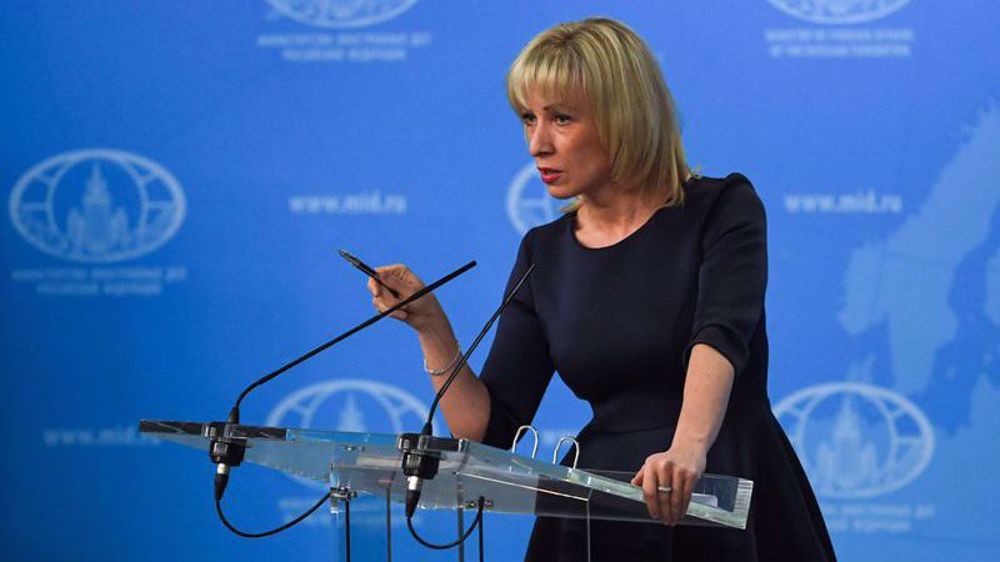International investigators probe Russia plane crash
An international investigation has been launched into the crash of a Russian plane in a mountainous area of Egypt's Sinai Peninsula, where all the 224 passengers died.
The incident took place on Saturday when an Airbus 321 flown by the Kogalymavia airline, operating under the name Metrojet, went down en route from the Egyptian city of Sharm el-Sheikh to St Petersburg in Russia.
The plane’s contact with air traffic control was lost 23 minutes after it took off at 5:51 a.m. local time (0351 GMT).
“Unfortunately, all passengers of Kogalymavia flight 9268 Sharm el-Sheikh-Saint Petersburg have died. We issue condolences to family and friends,” the Russian embassy in Cairo said.

Following the crash, Russian Transport Minister Maxim Sokolov and Emergencies Minister Vladimir Puchkov traveled to the Egyptian capital, Cairo, taking a team of experts to help Egypt with the probe.
Two air accident investigators from France, Airbus's home country, are due to arrive in Egypt with six experts from the aerospace firm to engage in the investigation.
The black box data recorders of the aircraft have been also found.
According to Egyptian officials, the remains of the plane and bodies of the passengers were discovered over an area of six to eight square kilometers, about 100 kilometers (60 miles) south of the town of El Arish.
Daesh claim dismissed
The Daesh Takfiri terrorist group’s Egyptian affiliate claimed to have downed the Russian aircraft, but Cairo and Moscow both rejected the announcement.
The militants from Velayat Sinai (Sinai Province), previously known as Ansar Bait al-Maqdis, had circulated a statement on social media claiming responsibility for the plane crash, saying the group brought down the aircraft in revenge for Russian airstrikes against positions of Daesh in Syria. Velayat Sinai pledged allegiance to Daesh in November 2014.
Egyptian Prime Minister Sharif Ismail, however, said experts had confirmed the militants are not capable of downing a plane at the 30,000 feet (9,000 meter) altitude. Sokolov added that the claim “cannot be considered accurate.”
According to experts, Daesh militants do not possess the equipment or expertise needed to hit the charter flight.

To reach a plane at that altitude the Airbus 321 was flying “you would need hard-to-use missiles, so it seems unlikely,” said Jean-Paul Troadec, former director of France's BEA aviation investigation agency, adding, “This requires trained people and equipment that IS (Daesh) does not have, to my knowledge.”
VIDEO | Press TV's news headlines
Israel kills 5 Palestinian journalists in front of Al-Awda Hospital in Gaza
VIDEO | Gaza ceasefire obstacles
VIDEO | Pakistani Christians mark Christmas in solidarity with Palestine
VIDEO | Plight of Gaza cancer patients
Dozen people killed in armed clashes in Syria’s Tartus
VIDEO | Yemen’s hypersonic missiles continue targeting Israel
VIDEO | Intl. event marks Yalda Night, Christmas, Birth Anniv. of Lady Fatima (PBUH)










 This makes it easy to access the Press TV website
This makes it easy to access the Press TV website